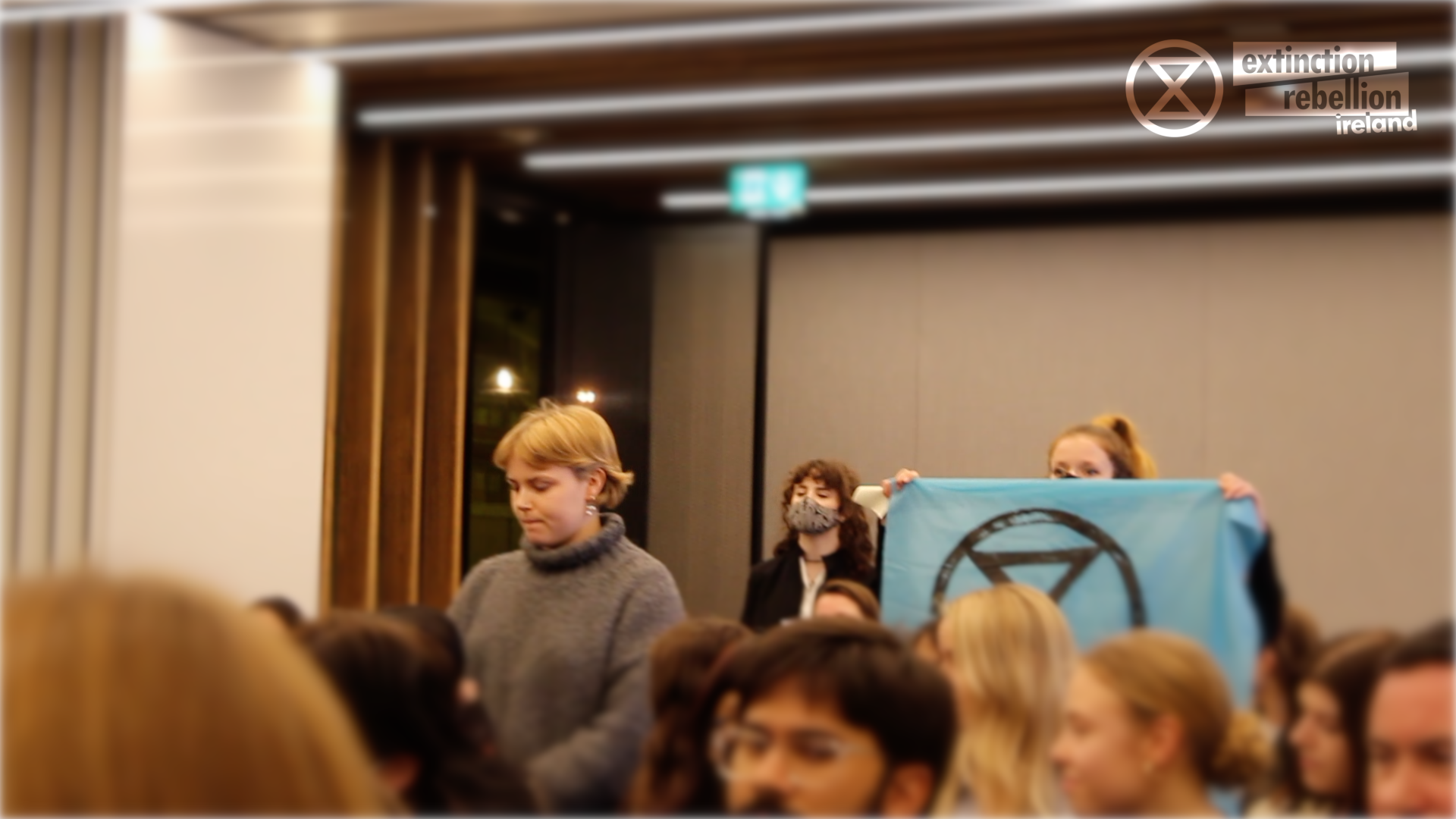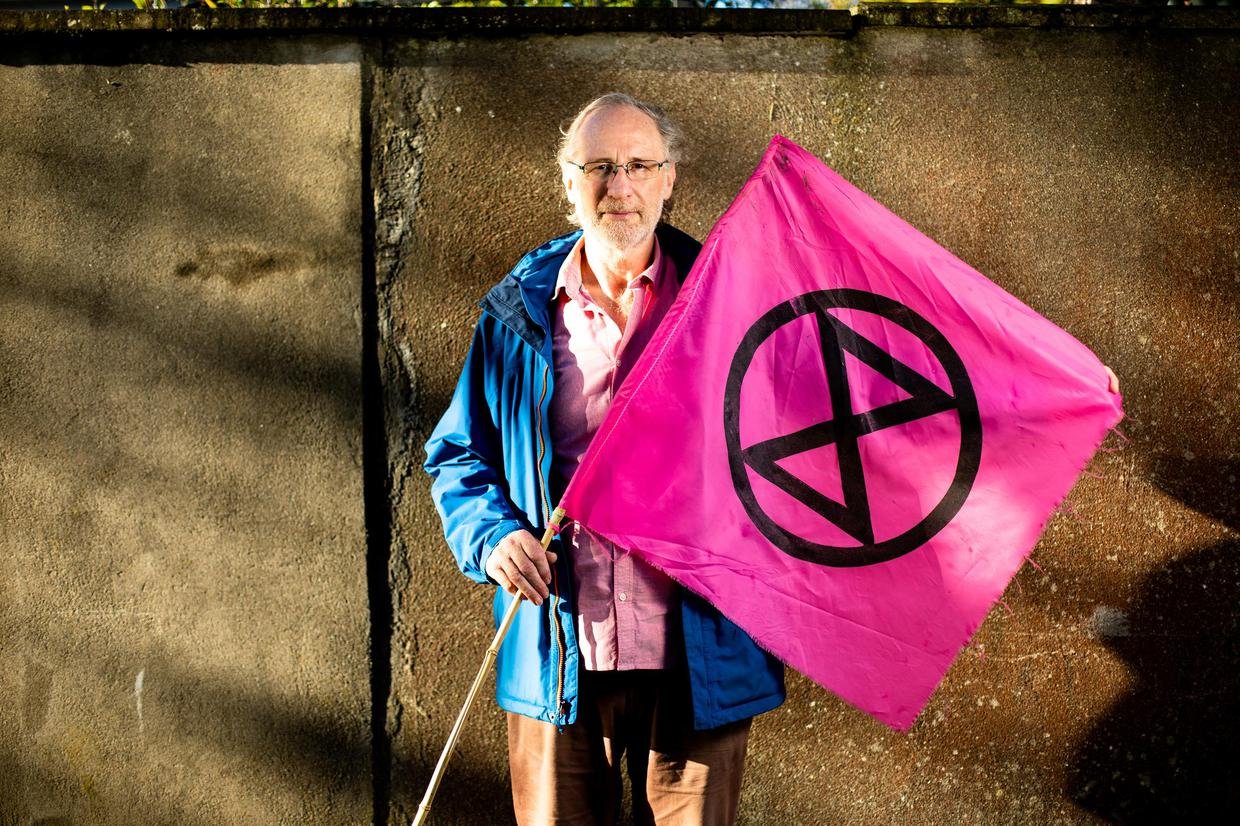The passengers exiting the Dart at Dublin’s Grand Canal Dock do not look much like revolutionaries. Dressed in smart casuals, wireless ear buds snugly in place, they alight observing polite “after you” protocols, laptop bags slung over shoulders, the occasional folded scooter in hand.
Their platform lies under the gaze of Google’s extensive European headquarters and they disappear inside or disperse to the banking, investment, legal and tech firms beyond.
Manuel Salazar easily blends in among them.
A consultant with PwC, one of the largest firms in Ireland and indeed the world, he specialises as a marketing technology strategist – MarTech, in Docklands speak.
He has held the job for 10 years and enjoyed it, mostly.
“It’s like a marriage,” he says. “It has ups and downs.”
Mr Salazar has a life outside of work that sets him apart from most of the Docklands commuters, though.
He is a member of Extinction Rebellion, the movement of climate activists responsible for some of the most elaborate demonstrations and civil disobedience campaigns this country has seen.
Before Covid, they paraded through this district, beating drums, chanting slogans, urging the workers to “leave your desks, join the march”.
Now, Mr Salazar says, instead of taking the workers outside, it’s time to bring activism inside the workplace and start a revolution from within.
With support from the State via a grant from the Creative Ireland Programme and backing from Trinity College Dublin under the Dublin Rising initiative, Mr Salazar made a short film setting out six steps he says every employee should take to push their employers to act on the climate crisis.
VIDEO: https://www.linkedin.com/pulse/corporations-climate-change-taking-action-from-inside-manuel-salazar/
He urges them to ask employers to put climate change at the forefront of their daily operations and business strategies, and to conduct climate impact assessments on all projects undertaken.
He asks them to push for a public pledge to move away from using or supporting fossil fuels, to vet all clients and contracts for ties to the fossil fuel industry, and to ensure staff benefits such as pension funds are not investing in fossil fuels.
As a last resort, he says workers who cannot get their employers to engage constructively, should “wake up and walk out”.
The film is aimed at all workers but has particular resonance in the Docklands, home to many international banks and investment management firms and the legal and financial companies that support them.
Fossil fuels are still profitable, even more so in the current energy crisis, and there is no shortage of investors willing to back them or professional service providers happy to bid for their contracts.
That cannot continue if Ireland is to be serious about climate action, Mr Salazar says.
_______________________________
“I may be an employee of this company but I am also a climate activist. My child is the environment, it requires some attention, and I’m attending that emergency right now”
_______________________________
He put his five-minute film, expertly shot by a professional filmmaker, online on various social media channels and on his own LinkedIn account through which he connects with many client firms and other businesses.
It has been widely circulated across climate activism networks since.
Mr Salazar had already been reminded of his employer’s social media policy after posting some other climate-related material on sites he uses personally and professionally so he feels this move is likely to be put under the spotlight, but says he is prepared for that.
In his film, he anticipates some of the arguments that may be thrown against him, saying “activism does not diminish a profession”.
“My employer told me, ‘you are not a climate activist, you are an employee of this company’,” he explains now.
“I answered, ‘so, you are a leader in this company but you are also a father. If something happens to your child during working time, you leave everything, you go and attend that emergency because you are a parent, even in working time’.
“It is the same for me with climate change. It cannot be attended to only before 9am and after 5.30pm.
“I may be an employee of this company but I am also a climate activist. My child is the environment, it requires some attention, and I’m attending that emergency right now.”
On the question of whether “right now” is a good time given the cost-of-living crisis and the growing warnings about global recession, he says constant deferral of climate action is the costliest approach.
“I understand contracts are linked to jobs and the profit of the company and your boss doesn’t want to turn them down. But my argument is that if the employer really cares about you and jobs and future livelihoods, then they have to start moving away from those contracts that are linked to high carbon emissions. They have to consider not just one financial year but 20, 30, 40 years ahead. There are no jobs on another planet.”
He acknowledges that employees may be nervous raising climate issues with their bosses but says even where there are no trade unions, workers are more powerful than they think.
“We are in a climate crisis so they are valid questions to ask. It also alerts the employer about how the new workforce is thinking,” he says.
“That’s already happening in terms of inclusion and diversity. If you apply for a job, you can ask the employer: are you open to people of different sexual orientation or race?
“Those are now valid questions so why not climate change? Companies now want to show they are inclusive so they should be willing to show their green credentials too, but they need an engaged workforce to make this happen.
“I know in Ireland confrontation can be a bit challenging. It’s a cultural thing. But walkouts are a normal way to express discontent about a situation that needs to be addressed.
_______________________________
“Venezuela is one of the richest countries in the world in terms of oil and yet most people are poor. The cost, at human level, social level and environmental level is so high”
_______________________________
“So I don’t think any employer should be threatened by that because what we want at the end is to be proud to work with that company.”
He believes he is not the only one who feels like this.
“There are so many people out there that for sure feel the same and they probably don’t know how to move forward.
“I understand they are concerned about their jobs. We all have dependants, we all have bills to pay and families to feed. Myself, I support family back in Venezuela.
“But then, at the same time, if I don’t do anything I won’t be happy with myself. I have to put myself forward on the front line.”
Mr Salazar is an Irish citizen since 2012 and he came here via the Middle East, mainland Europe and the UK, but witnessing the impact of the oil industry in his birth country has stayed with him and shaped his views.
“Venezuela is one of the richest countries in the world in terms of oil and yet most people are poor. The cost, at human level, social level and environmental level is so high. The rivers are polluted, people displaced,” he says.
“Oil companies are calling themselves energy companies now and may be investing a little bit in renewables but it’s just to try to run away from the stigma of being a dirty industry.”
Mr Salazar says the Government should be more choosy about the overseas companies it encourages to come here.
“I think they have been very permissive by allowing certain companies that are actively investing in fossil fuels to enjoy the corporate tax that they have right now.
_______________________________
“You have a duty as a citizen to protect the country that you belong to and Ireland is my home”
_______________________________
“Government has to decide if their role is going to be just sitting back and watching what is happening because they are afraid of losing jobs, or to have a frank conversation with these companies, to have laws that will force them to change their behaviour.
“I am very proud to be an Irish person. I swore an oath to the country, that I need to protect Ireland from foreign and local threats.
“But sometimes I feel that my government and some companies are the local threat because by not protecting the environment, you are going against Ireland.
“You have a duty as a citizen to protect the country that you belong to and Ireland is my home.
“It’s the place I want to protect from climate change. I’m just asking other workers to help me.”



















